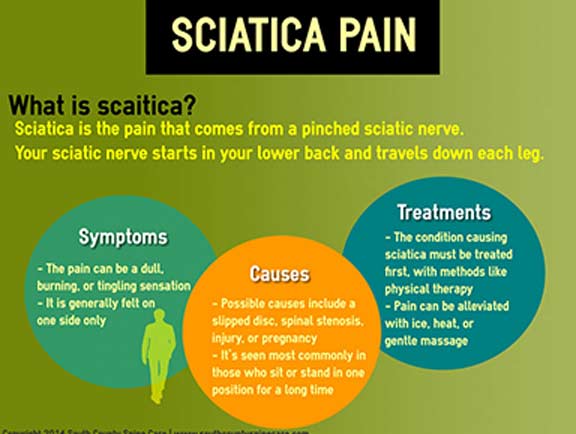Do Acupuncture Points Really Exist? A Deep Study Meridian Concept
Do Acupuncture Points Really Exist? A Deep Study Meridian Concept
Blog Article
Authored By-McCormick Dempsey
You could be wondering about the existence of acupuncture points and their function in standard Chinese medicine. These factors, connected to meridian concept, suggest an unique system of energy circulation in the body. While historic messages lay a structure, contemporary scientific research uses new insights right into their importance. Are these old concepts compatible with modern understanding? The answer may amaze you as we discover the junction of practice and modern-day study.
The Historical Origins of Acupuncture and Meridian Theory
Acupuncture, with its detailed network of meridians, has deep historical origins that map back hundreds of years in old China.
You'll discover that very early texts, like the Huangdi Neijing, laid the foundation for comprehending exactly how energy streams through the body. These writings introduced the idea of Qi, the vital energy that distributes along the meridians.
As you explore this old practice, you'll find how professionals determined details indicate influence health and balance.
Over centuries, acupuncture evolved, including various techniques and ideologies, yet it remained deeply connected to its origins.
Scientific Viewpoints on Acupuncture Points
While lots of people still see acupuncture as an ancient art rooted in practice, clinical research study has increasingly shed light on the physiological devices behind acupuncture factors.
Research studies suggest these factors might correspond to locations abundant in nerve endings, capillary, and connective tissues. When Recommended Webpage boost these factors, they can cause biochemical actions, such as the launch of endorphins and other neurotransmitters, which help alleviate discomfort and promote healing.
Imaging techniques like practical MRI have revealed modifications in mind activity related to acupuncture, sustaining its efficiency.
While apprehension remains, expanding evidence indicate a possible biological basis for acupuncture, inviting more exploration right into just how these ancient methods can align with contemporary scientific understanding.
Integrating Old Practices With Modern Medication
As even more healthcare providers acknowledge the worth of all natural approaches, integrating ancient practices like acupuncture with modern medication is ending up being progressively appropriate.
You might find that combining these approaches can enhance patient care, providing a more detailed therapy strategy. By recognizing https://www.thehawkeye.com/story/news/healthcare/2021/10/18/west-burlington-chiropractor-keep-license-despite-allegation-sexual-misconduct/8515732002/ of acupuncture-- such as discomfort alleviation and anxiety decrease-- you're not only attending to physical signs however likewise advertising general wellness.
This assimilation allows you to tailor therapies to specific needs, bridging the gap in between typical knowledge and modern medical methods. Collaborating with acupuncturists can additionally increase your understanding and provide your individuals with a larger series of options.
Eventually, embracing this blend can lead to improved health end results and a much more balanced method to recovery.
Verdict
In conclusion, acupuncture points may not fit nicely into modern medical standards, but their historical significance and emerging scientific support recommend they hold value. By checking out the intersection of old methods and contemporary research, you can value exactly how these factors may influence wellness. Whether https://chiropractor-open-late51728.eedblog.com/35678025/discover-just-how-spine-wellness-can-enhance-your-alternative-wellness-trip-and-unlock-tricks-to-ideal-health-and-wellness-that-you-never-understood-existed 're a skeptic or a follower, recognizing meridian theory opens the door to new perspectives on wellness and healing, welcoming you to think about the prospective benefits of acupuncture in your own life.
